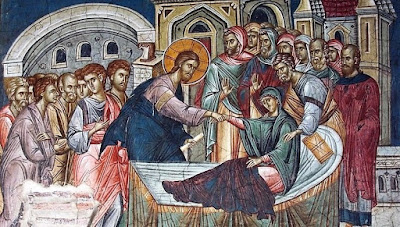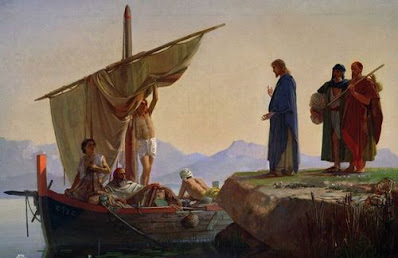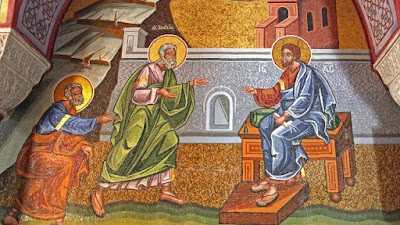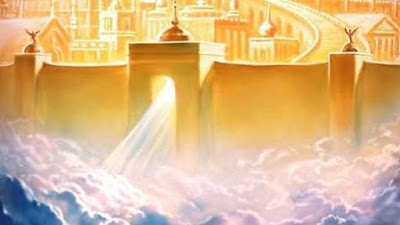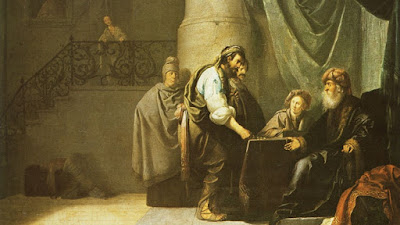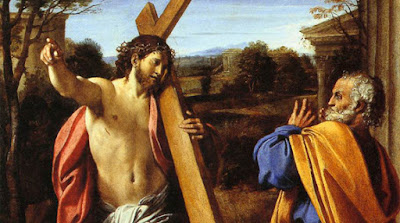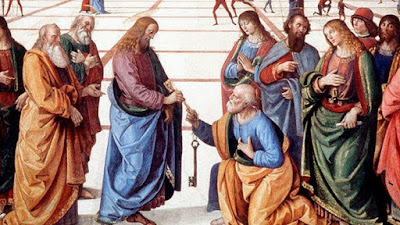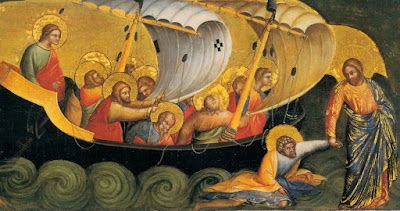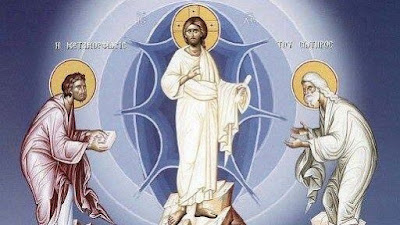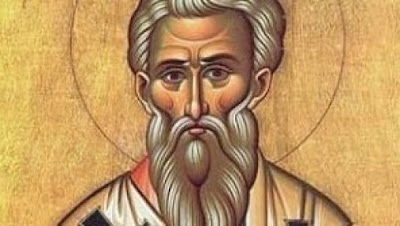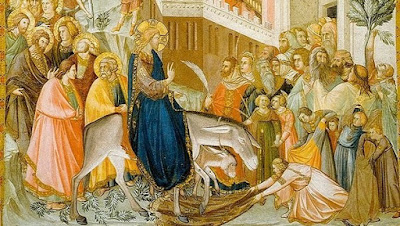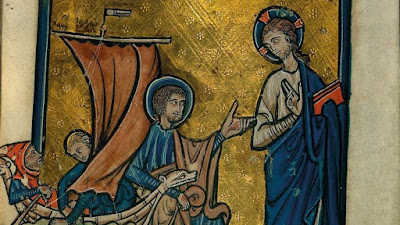Homily for the 24th Sunday in Ordinary Time, September 12, 2021, Year B
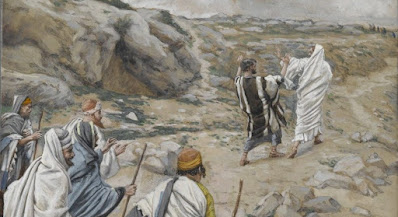
Fr. René J. Butler, M.S. La Salette Missionaries of North America Hartford, Connecticut ( Click here for Sunday’s readings ) An interesting phenomenon in modern times is how brand names have become verbs. In our computerized culture we google, we skype, we tweet. Long before that we were xeroxing. What would it be like if we did the same with personal names? Take some of the more popular Bible names. If you were to say someone is “Ruthing” or “Samsoning,” anyone who knows the stories of Ruth or Samson would know exactly what that means. The same with recent popes: “Francising” and “Benedicting” and “John Pauling” would conjure up very specific and typical activities associated with each one. It’s a little like when we might say about a friend, “Oh, that’s just Pat being Pat.” Try it with your own name. In my case, “René-ing” would, for those who know me, imply a whole range of behaviors and attitudes that might please some or annoy others, such as, for example, a somewhat form
